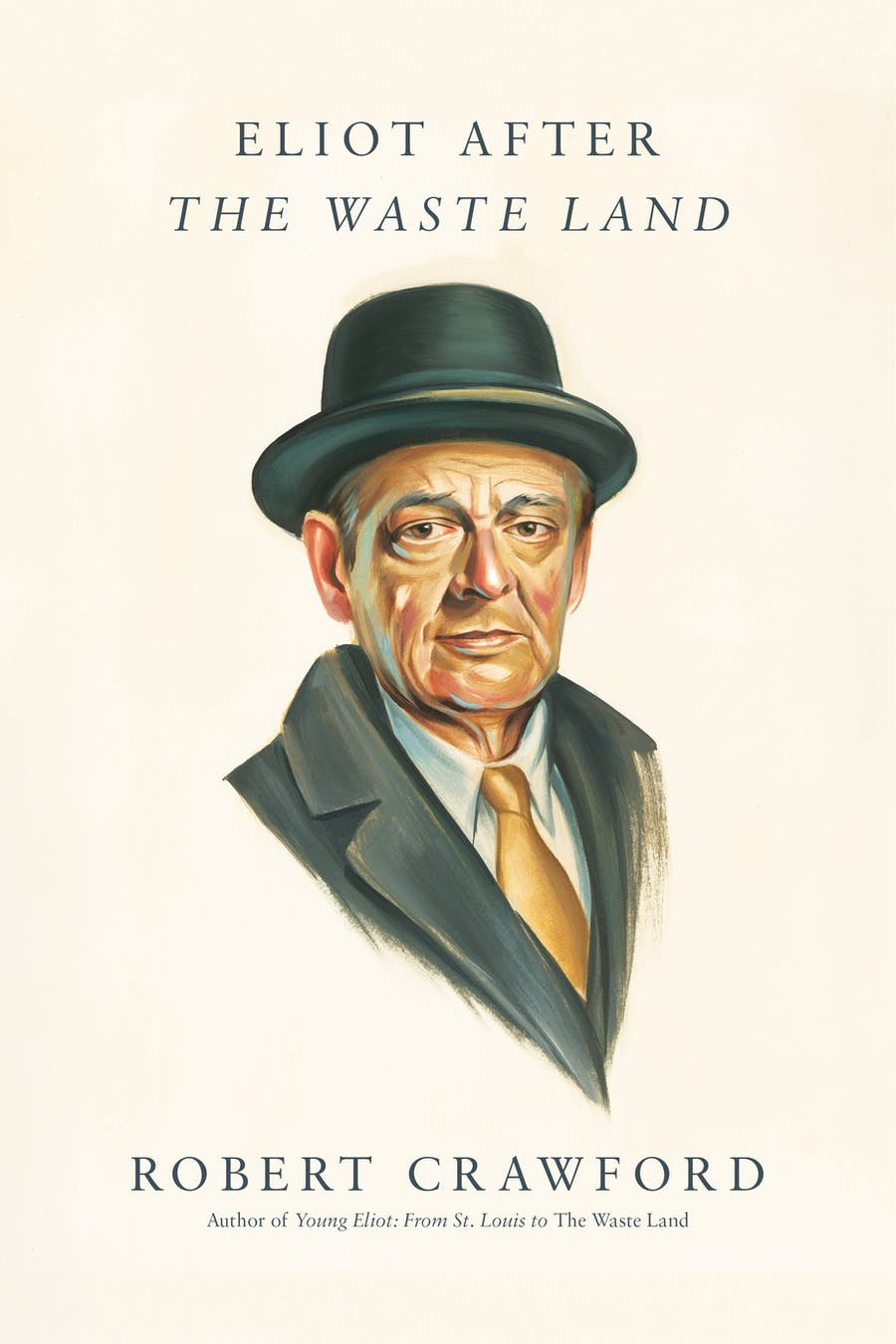WRB—June 29, 2022
We've got Wired, we've got The Critic, we've got LARB, we've got a few sales, we've got it all in here
We’ve had people unsubscribe to our newsletter before, but not when we were being so charming.
To do list:
Follow us on Twitter [Or Instagram. Or Facebook.] to keep up with the Barely-Managing WRB Summer Intern;
order a tote bag;
avail yourself of our world-famous classified ads, now stored on this page for non-paying readers to access, either by placing or responding to one; and,
Links:
“The Loneliness of the Junior College Esports Coach” is one of the funniest phrases we’ve seen this week. Wired also has a review of The Novelist, the book we featured two “Interviews” around on June 18th, and apparently, someone has finally written the book about what it’s like to be online: “A more annoying premise for a book is, frankly, hard to imagine. And yet, here I am, recommending it. What’s good about a novel with a plotline so insipid it borders on openly hostile? Well, for starters, it’s funny—a rare and cherishable quality in contemporary literature.”
Pippa Bailey has an essay for The New Statesman about the Oxford English Dictionary: “The English language evolves at such a pace that, for the OED lexicographers, the goalposts aren’t so much shifting as sprinting away from them.”
For The Smart Set this week, Paula Marantz Cohen reports from the New York International Antiquarian Book Fair: “Curiosities aside, what makes the Fair so special is that it is about books. Books with covers and pages have, in a society dominated by social media and other sorts of online detritus, become functionally obsolete.”
Not about books at all: literary festivals, it turns out, according to this piece we missed a few weeks ago by Alexander Larman for The Critic: “While there are undeniable links between writing and performance, there is no criterion for being a good writer that also means that you will be adept at entertaining an audience with the pizzazz and charisma of a stand-up comedian, even as you bring erudition, literary talent and authority to bear. Some manage to; more, inevitably, fail.”
Reviews:
In The New Yorker, Louis Menand reviews a new book that “isn’t really about Picasso, or about war, or about art”—but he makes it all sound interesting anyway: “His focus isn’t on the big-name modern artists, like Picasso and Matisse, who are offstage for much of the book. It’s on figures most people have never heard of: dealers, gallery owners, collectors, curators, and critics—the components of what sociologists call the art world.”
And for the Los Angeles Review of Books, Timothy Steele reviews a recent book of new-and-selected poems from Robert B. Shaw: “If poets can be divided into those absorbed by a single theme and those engaged by various topics, Shaw is in the second camp. He’s closer to, say, Thomas Hardy, whose poems were, in his own view, “miscellaneous,” than he is to Wallace Stevens, who focused for most of his career on the relationship between imagination and reality.”
Interview:
At Study Hall, Lily Meyer interviews Dwyer Murphy, editor-turned-novelist, about An Honest Living, his recent debut: “Noir, to me, is a perfect reflection of the era of a person’s life in which youthful enthusiasms flicker out, doubt creeps in, and you begin questioning yourself: What’s next? What’s worthwhile? What have I been doing with my time?”
N.B.:
For your edification: Apparently there is a European Review of Books and a Cleveland Review of Books. [Ghastly. —Chris]
And additionally: The District of Columbia, our only home, opened a new public library yesterday.
In case you didn’t know: Blade Runner is 40.
That’s not all: The Point is hiring an assistant editor, part time, remote. [Or in Chicago, which is a different kind of remote. —Chris] [Chicago, that somber city. — Nic]
Finally: Stanford University Press is having a steep summer sale on a whole lot of titles. And so is Princeton.
One more thing: From a reader: The New Yorker’s cover this week features our very own Nation’s Capital. [Another reader comments that it may even feature the offices of the WRB. —Nic] [I never signed a release. —Chris]
Upcoming books:
August 23 | Farrar, Straus and Giroux
Eliot After The Waste Land
by Robert Crawford
From the publisher: After being kept from the public for more than fifty years, the letters between T. S. Eliot and his longtime love and muse Emily Hale were unsealed in 2020. Drawing on these intimate exchanges and on countless interviews and archives, as well as on Eliot’s own poetry and prose, the award-winning biographer Robert Crawford completes the narrative he began in Young Eliot. Eliot After “The Waste Land”, the long-awaited second volume of Crawford’s magisterial, meticulous portrait of the twentieth century’s most significant poet, tells the story of the mature Eliot during his years as a world-renowned writer and intellectual, including his complex interior life.
Chronicling Eliot’s time as an exhausted bank employee after the publication of The Waste Land through the emotional turmoil of the 1920s and 1930s and his years as a firewatcher in bombed wartime London, Crawford shows us the public and personal experiences that helped inspire Eliot’s later masterpieces. Crawford describes the poet’s conversion to Anglo-Catholicism, his separation from Vivien Haigh-Wood and his happy second marriage to Valerie Fletcher, his editorship at Faber and Faber, his Nobel Prize, his great work Four Quartets, and his adventures in the theater.
Crawford presents this complex and remarkable man not as a literary monument but as a human being: as husband, lover, and widower; as banker, editor, playwright, and publisher; and most of all as an epoch-shaping poet struggling to make art amid personal disasters.





